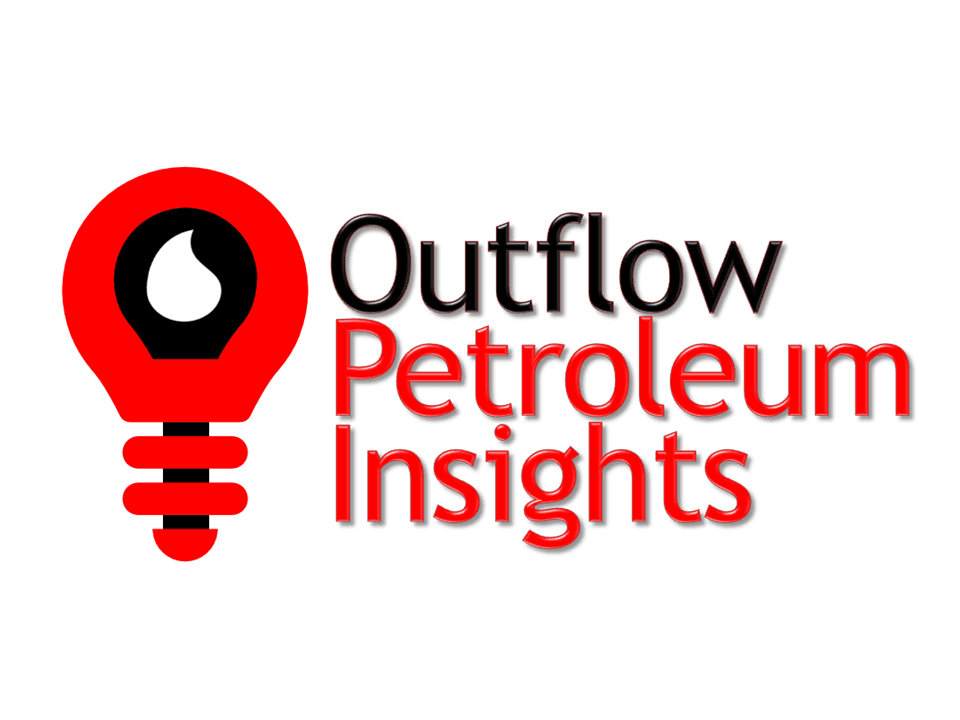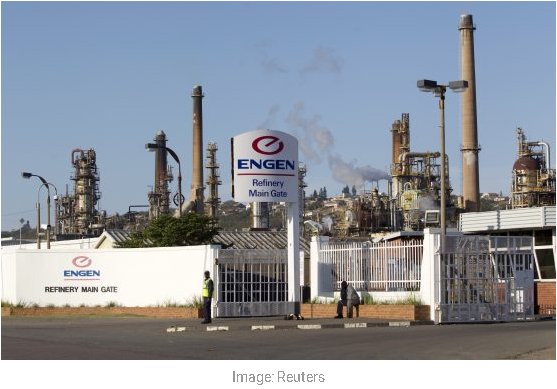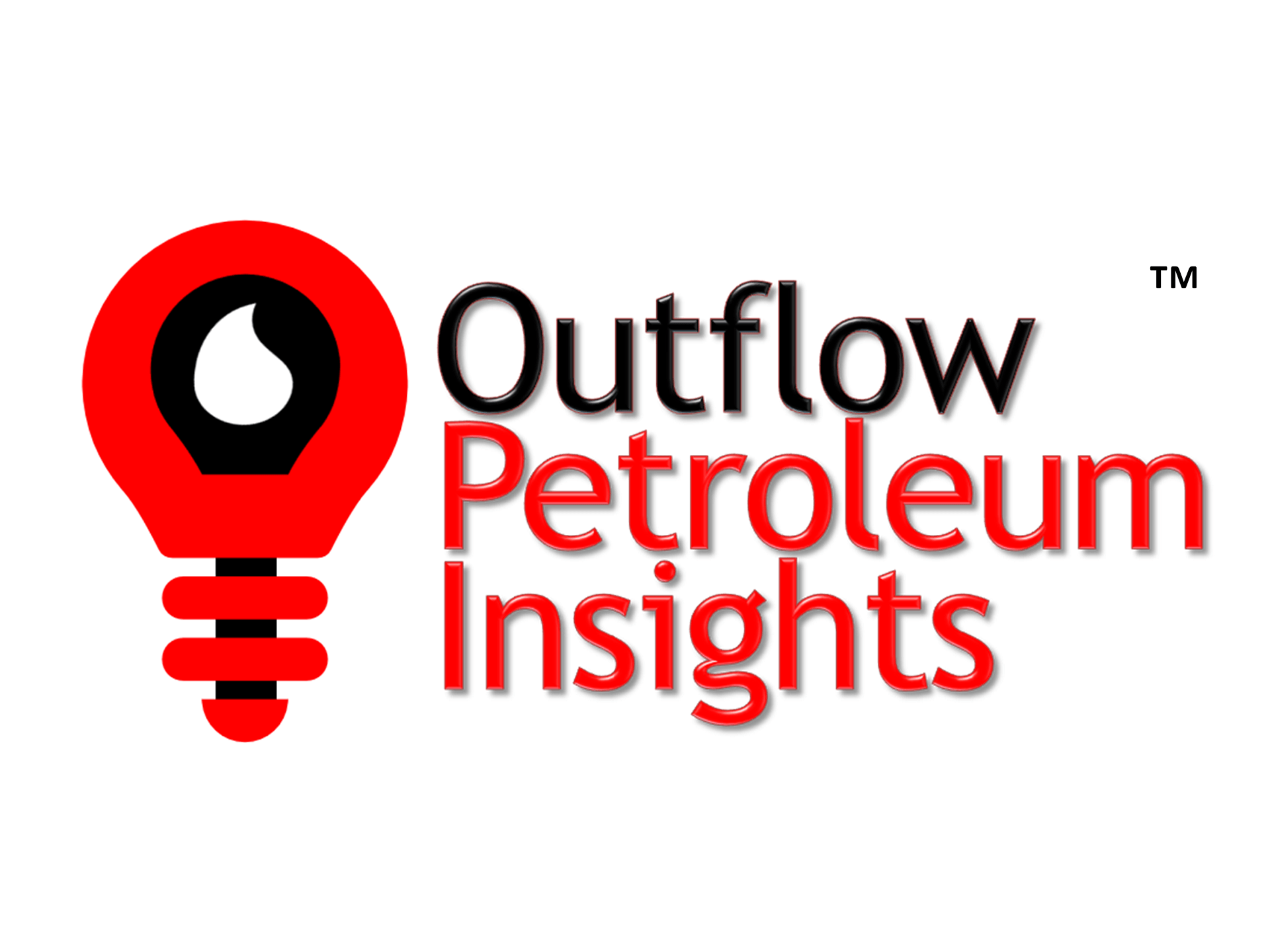
• Weekly Insight covering latest oil and petroleum prices and economic
• Monthly Insight covering latest company news, country and industry

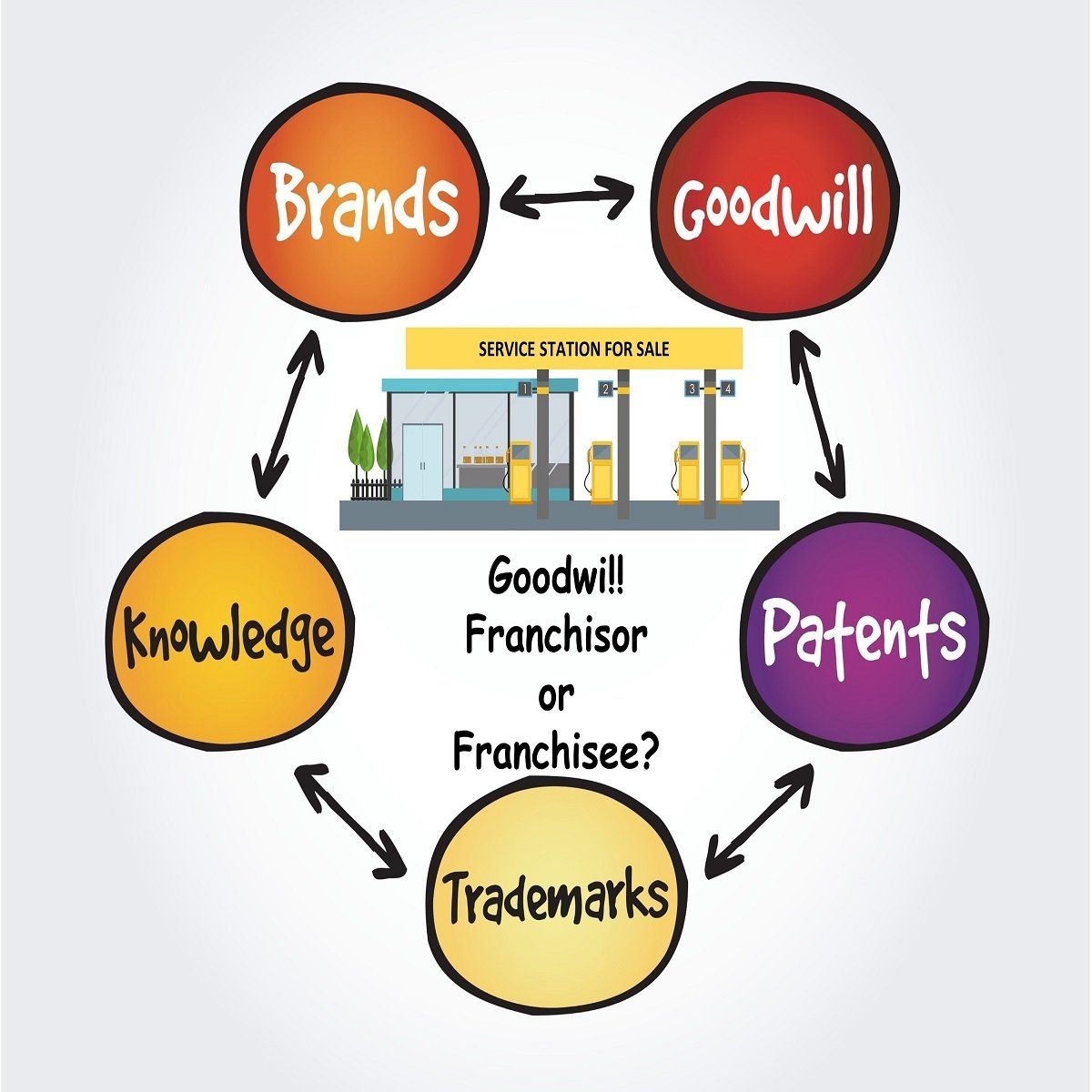
South Africa franchising’s economic output contributed 15,3% to the country’s GDP in the year 2017 putting South Africa among the best performing franchising countries in the world. The idea of franchising continues to grow worldwide and largely accepted by most global markets as a viable business model which provides entrepreneurs with a minimal risk and high possible returns. In the Southern Africa petroleum industry governments require major oil companies to conduct their fuel retailing operations through franchising. This one way to ensure participation and employment opportunities of citizens in the part of the fuels value chain.
Franchising as an ongoing relationship between the franchisor and franchisee is vital and delicate. Like any business model, franchise is not immune to sale and purchase of existing franchise-operated businesses. At the centre of sale or exit transactions in the franchise-operated businesses is goodwill, one of the most contentious subject matters.
Goodwill in accounting, and business terms is an intangible asset which is not separately identifiable during the acquisition of a business. It is the difference between the value of all identifiable assets employed in the business and value placed by the owners on the business. It is therefore the sale value that is higher than the sum of the net fair value of all the assets purchased in the acquisition and the liabilities considered. In the franchise-operated business environment, goodwill is quantified and calculated as part of its value during resale or exit.
Starting a business from the ground up can be much more complex and riskier as compared to acquiring a franchise-operated business. This and many other reasons including initial capital outlay, lead entrepreneurs to opt for a franchise-operated business. Another reason that franchised businesses are chosen is the relatively easy access to funding by financiers who consider the risks financiers in these business models moderate and manageable. The benefits are an existing brand presence which often translates to good brand reputation and where the franchisor provides tried and tested system, training for franchisee and staff as well as other necessary support. In the petroleum industry the brand presence is also global and with many years in which the reputation of the brand has been built.
Often entrepreneurs (Franchisees) enter into a contractual agreement with the franchisor excitedly and not considerate of a potential exit strategy. Planning an exit strategy as a franchisee well in advance can be quite important in identify any areas of weakness which the franchisor could use during the sale process. However, often franchisee-operated businesses are characterized by less control for the franchisee as far as the contracts put in place are concerned. This usually results in dissonance between a franchisor and franchisee during resale or exit of the business. At the centre of the squabbles is to who does the goodwill lie to during the resale or exit.
The fact that a franchise-operated business incorporates customer loyalty, brand name and other intellectual properties qualifies a franchisor a share in the goodwill. As expected, franchisees pay royalty fees to franchisors as determined by the franchise agreements between the parties for the continued use of the franchisor’s goodwill by the franchisee. The Franchise Association of South Africa (FASA) defines “Franchise” as one party granting another party the right to operate a business or license under specific conditions. On this condition, the franchisee is expected to work hard and strategically in order to generate profits and secure the viability of the business. The franchisee often achieves all this through initiatives within his sphere of control, such as customer loyalty incentives, local marketing strategies, good reputation within the community and other stakeholders. What a franchisee does may well affect the character of the overall business within the franchise system.
It can be concluded that the activities of both the franchisor and the franchisee contribute meaningfully the Goodwill value of the business. Both roles players deserve a share of the goodwill that accrues on sale or exit. The benefit of joint sharing can be a good incentive to bring positive synergy into the contractual relationship and the business.
For more assistance with Fuel Service Stations Business Plans and Valuations, send us an email at info@outfowpetroleum.com.
Nelson Sithole an Investment and Research Analyst at Outflow Petroleum Insights
References
1. FASA. (2020) Franchising’s massive contribution to global economic output. https://www.fasa.co.za/category/franchise-stats/ , [Accessed 31 Aug. 2020].
2. Gowthorpe, C. (2018). Business accounting and finance. Andover, Hampshire, United Kingdom Cengage Learning, Emea.
3. Holden, R, 2020, Practical advice for selling a franchise
https://www.whichfranchise.com/resales/sellingAdvice.cfm#:~:text=There%20is%20a%20provision%20in,wit.... [Accessed 31 Aug. 2020].
4. International Accounting Standards Board (IASB), International Financial Reporting Standard (IFRS) for SMEs, 2015
5. Roussety M et al ,2015, Goodwill in franchising: A precursory examination. [Accessed 31 Aug. 2020].
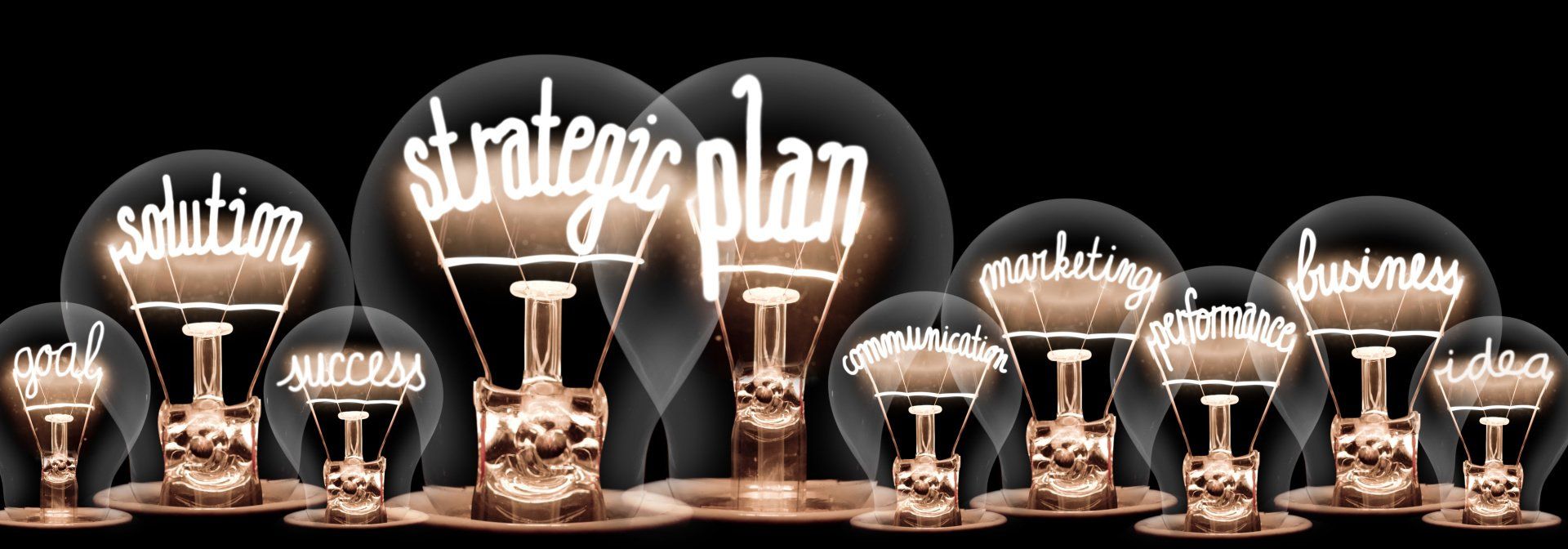
Some upcoming entrepreneurs merely identify an opportunity perhaps by getting a piece of land (inherited or purchased), search for funding and want to start , for example a fuel service station on that piece of land with all the qualifications but no business experience in fuels industry. Indeed, on the surface, a business in the fuel industry appears to be lucrative yet, there are underlying challenges such as the long registration process to follow and numerous requirements to comply with since the industry is highly regulated. This makes the entrepreneur to be dependant on outside assistance for interpretation and understanding of what the business is all about. As a result, the capability of effective management is compromised.
Entrepreneurship involves an effective balancing of planning, organizing, directing and controlling so as to achieve organizational goals. Without entrepreneurial skills, an opportunity with a potential for success that could have been grabbed on time and exploited is lost because it was in the wrong hands. The view about the learning curve where mistakes are accommodated applies only under normal business operation. In a competitive environment, you need to have the right people at the right place at the right time so as to avoid costly mistakes.
The advice to upcoming entrepreneurs is to get non-financial assistance first before venturing in deep waters.
Also, it is of vital importance to acquaint yourself with the environmental factors in which your business interest lies. Perhaps exposure to relevant legislation, regulations and authorization required, market trends and consumer interests can be of help.
A choice of a business in an almost saturated industry such as that of energy with high competition requires you as an aspiring buyer to be vigilant and identify key success factors that place your business at a competitive edge. In positioning your business, you must highlight these unique factors that make your business and service different from competition. Such advice is relevant and possible for an independent business owner.
The same cannot be said about a franchise because in a franchisee-operated business, the franchisor maintains control over the product quality and broader marketing, leaving the franchisee very little space to be innovative. However, there is still an open space for the franchisee to utilize the interaction at the point of sale (namely, fuel station) to maximize value creation while reducing costs and boosting sales volumes. Making all employees appreciate and own good customer service can inculcate a positive influence on the attitude of clients about customer service and the business.
Having the correct qualifications for funding without the requisite knowledge, skills and support in the industry is no guarantee for success in business.

The world has been affected by the COVID-19 pandemic in unprecedent ways that have brought uncertainty on how business will continue in the future.
My view and message to business owners and leaders is:
The only certainty there is lies, with you.
Amidst all the moving parts and confusion, there are certainties at your full discretion. Think about these few:
1. Your strategic goals are certain. Look carefully, no so long you were working to be the best provider or supplier of choice of your products and services in your chosen market. That aspiration may have assumed a perfect world, but does it change now in these trying times?
2. The basic recipe for business doesn't change: providing products and services at a price higher that it costs to produce and deliver those. Does an uncertain environment change that recipe? Are you going to change to lead a non-profit concern?
3. Your organisation exists to facilitate the actions of your team towards servicing end customers. That too does not change, right? You may need to work on how your organisation (people, assets, credit standing, goodwill) can secure your position even in a whirling environment. You may, convert some resources to digital platforms and rationalise others, but the key role of your organisation remains and whatever form it takes, it is the backbone to future success
4. Before the crisis, you went about business in an ethical and innovative way. Is there reason to throw away your values and sense of innovation while in crisis?
You may not know how many of your customers will survive and how much of your services will be demanded. If you are certain that you will service those needs in the most innovative, ethical and profitable way possible, then you are bringing about confidence in your business, your staff, your customers and creditors too.
The only certainty there can be lies with you. Perhaps communicate to your world that which you stand for and show that it endures. With that you will chart a wave of certainty in the market as well.
In these trying times, we acknowledge your inspiration, personal will and sense of purpose.
When you took on the role you hold, you did not know what future you may face and that today you will be looked upon by many people.
When you took on your role, you stepped up, whether out of your own initiative or by invitation or election, you assumed responsibility far beyond an ordinary member of the human race.
We acknowledge your strength, courage and leadership.
Keep communicating and in close contact with your people. Preserve their eagerness to support you. Encourage your people to play their role and share the load. Not all have your kind of responsibility, but their individual initiative will add to the success of the collective.
You have the power, use it! Use it for the greatest good of mankind, knowing that what you cause you will be the effect of.
Maintain a laser focus on the situation at hand and continue leading in the direction of a better future for all.
Your reward will be a better world in which you will be part and in which there will be more people with your sense of purpose.
Zwelakhe Mabece
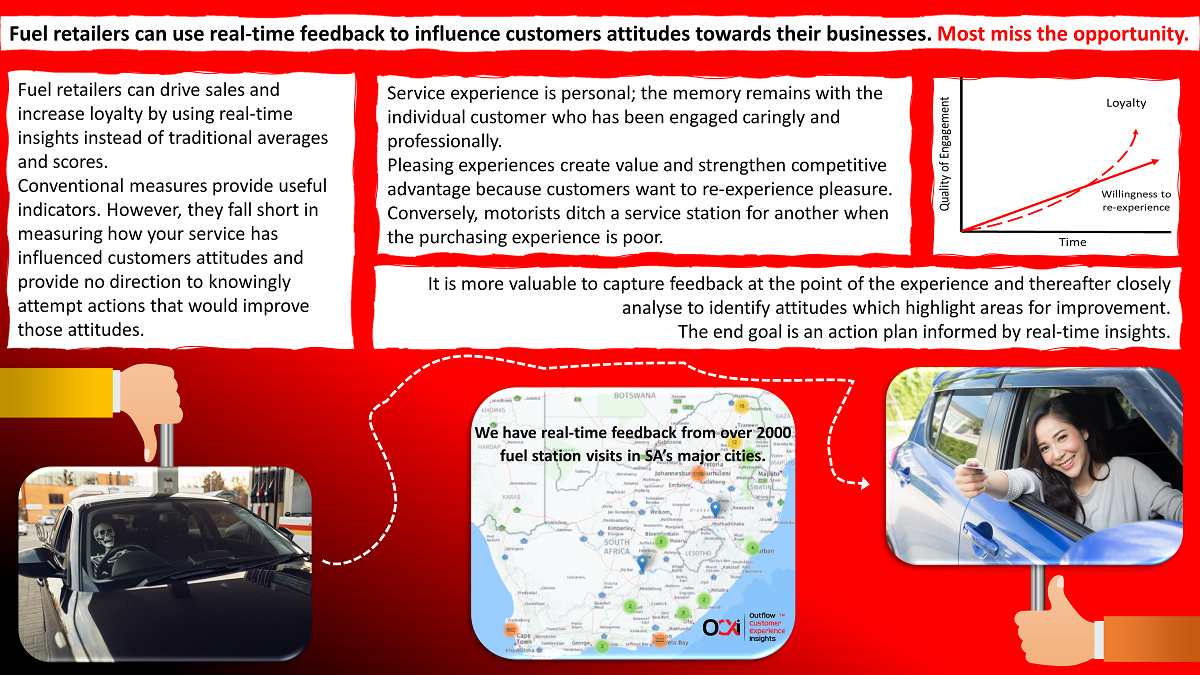
When you want to remove unwanted strain and negative thinking about your business, what do you do?
It has everything to do with your attitude towards customers and customers attitudes towards your business.
When you learn more about how customers experience your business and how you contribute to that, you open the way to pumping out engrained habits, mopping up spilled opportunities and calibrating customer friction points that bring you unwanted strain.
If you question why (and how) you would capture and analyse customer attitudes instead of reviewing volumes targets, turnover and cash balances, chances are, you don’t see or hear from your customers but see numbers: scores and averages that somehow indicate how good or bad your service is. In my previous article “ The value of customer experience feedback at fuel service stations” , I highlighted a danger: by neglecting that there are human beings behind the numbers, you overlook that it is building relationships and trust with people that sustains your business.
True, numbers don’t lie, but they must ally! Ratios and net promoter scores provide useful information on the health of your business and often reveal positive indicators. However, they fall short in measuring how your service has influenced customers attitudes and provide no direction in which to knowingly attempt actions that would improve those attitudes.
Pleasing experiences create value and strengthen competitive advantage particularly when they touch individual customers during the core service cycle. This is so because we all want to re-experience pleasure. Conversely, motorists desert a service station for another when the purchasing experience is poor, especially in a market like South Africa which has moderate service station concentration and limited differentiation.
Service experience is personal; no two people can have the same. The memory remains with the individual customer who has been engaged caringly and professionally. It is more valuable therefore to capture feedback at the point of the experience and thereafter closely analyse to identify attitudes which highlight areas for improvement. The end goal is an action plan informed by real-time insights.
Your first step is to go with a committed partner who has an ability to marry your viewpoint with your customers’ needs by using technology enabled strategic insight. Outflow Customer Experience Insights (OCXi™) is that solution.
We have to date results from over 2000 service station visits in major cities in South Africa. The data continues to reveal the opportunities fuel retailers have to use CX feedback to create positive experiences that drive sales and increase loyalty.
Retailers sell fuel only and in 83% of the visits missed to engage customers about other service offerings. Overall, they continue to under-utilise their Loyalty offering: customers in over 1500 visits were not engaged on loyalty. There are however improvements noted in some brands since our last article in September 2019.
Service is fast in three of every four service station visits (74%). This is good and expected, however, is no reason to not to engage on or mention shop, carwash, coffee, etc. as was noted in eight of every ten visits made.
There are a lot more ways to influence attitudes than posters and give-aways! For profits to soar, you must do more. Act today and keep sorrows away, email info@outflowpetroleum.com to start changing your attitude towards your customers.
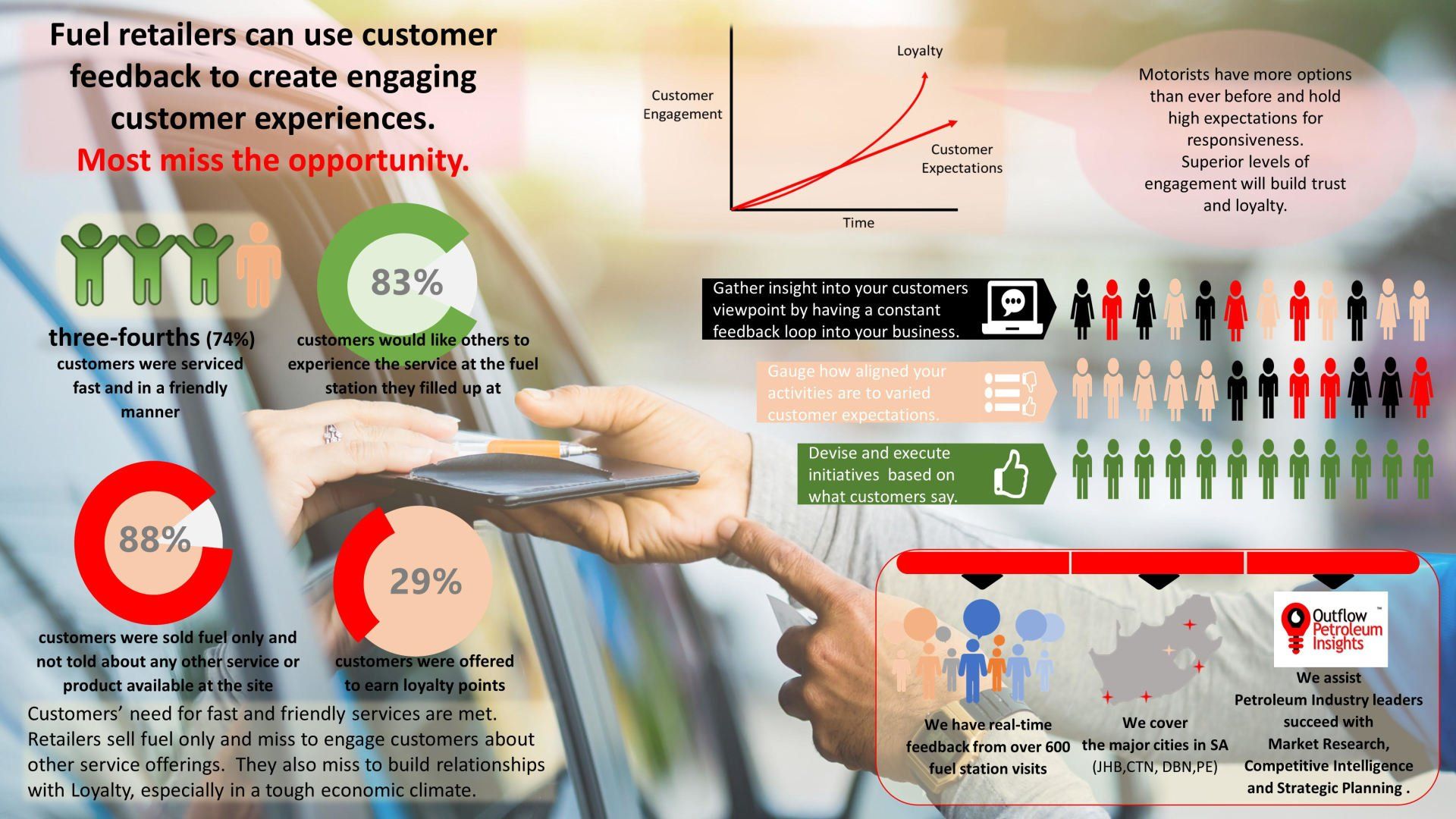
Some see the fuel tank half-full and some it half empty! We ask: can you see the driver at all?
Do you sometimes feel like your marketing efforts are not yielding the intended results –not bringing increased sales, customer and market share growth? Chances are, you may not be aware of how or why this is happening.
As a business leader, you contend that you put customers first. You set aside money for market research and devote time to build strategies aimed at customers. When challenged to respond to headwinds threatening your financial targets, your innovations are often done without much contact with the very customers they are intended for, rendering them irrelevant for driving growth. Eventually, you lose confidence in crafting effective campaigns, curtail your marketing spend and devalue any form of feedback from customers. Neglecting that there are human beings behind the targets, you overlook the point that it is building relationships and trust that sustains your company’s growth.
We have observed this phenomenon in the Fuel Retailing industry in South Africa from customer feedback captured from over 600 fuel service station visits in the major cities Johannesburg, Cape Town, Durban and Port Elizabeth. Themed around core service cycle elements including welcome, friendliness and speed of service, non-fuel offering, loyalty and more, our study identifies the extent to which customer experience feedback reflect your company’s strategies. The findings highlight interesting disparities from which several questions can be asked.
In over two thirds (68%) of the visits, customers indicated that they felt welcome and, in 74%, they were serviced fast and in a friendly manner. This reflects positive experiences and mirrored in 83% of the visits where customers say they would like others to experience the service they received at the service station they bought fuel in. On the other hand, in 88% of the visits, customers were only sold fuel and not told about or referred to any other service or product available at the service station. Could this mean the business missed an opportunity to have nearly 9 out of 10 customers (88%) who had a positive experience learn about, and possibly disseminate other non-fuel service offering?
There is also a missed opportunity on Loyalty. Rewards based on fuel purchases were introduced in 2010 in South Africa and a lot of creativity, collaboration and investment has emanated in the introduction of several loyalty programs offered at fuel stations. Yet in 2019, our study shows it was in only 29% of the service station visits where customers were offered or encouraged to earn loyalty points when buying fuel. In some cases, 20%, customers handed over their cards to earn points when they were not offered. Fuel Retailers are missing an opportunity to thank customers and build relationships, in a tough economic climate. Could this indicate that they have invested in the technology and programmes but do not yet know how to attract the customer’s attention? Evidently, some effort is required to improve the return on investment in these programs.
Motorists visit services stations on their way to work or home and expect fast, friendly and engaging customer service as well as opportunities to earn rewards. They have more options than ever before and hold high expectations for responsiveness with each visit to your business. People talk about their experiences with your business at some point in their daily lives whether you spend on marketing or not. Research shows repeatedly that most consumers trust the recommendations of friends and family over other forms of advertising. Something people do not talk about will not sell. For that reason, there is value in gaining insight into your customers viewpoint and motivations. Moreover, it is strategic to have a constant feedback loop from customers into many people within your company. This will put customer-centricity into action, beyond a mere chant.
To find out more about our research, how your petroleum company compares with others, and what strategies to employ customer feedback profitably, email info@ outflowpetroleum.com.
